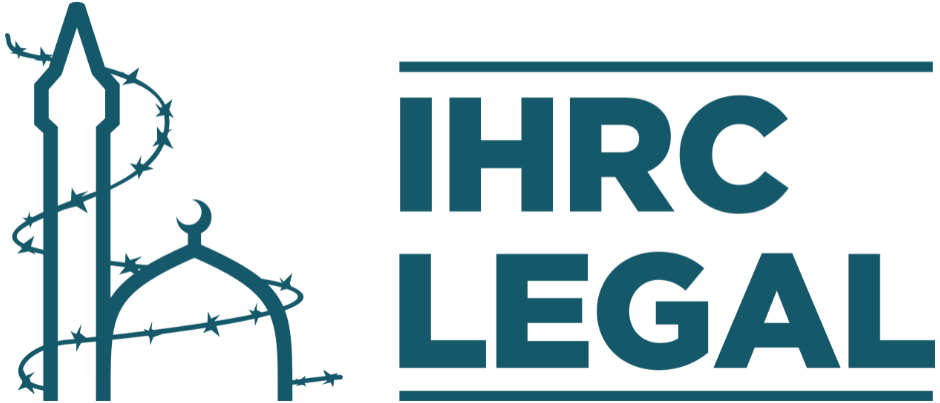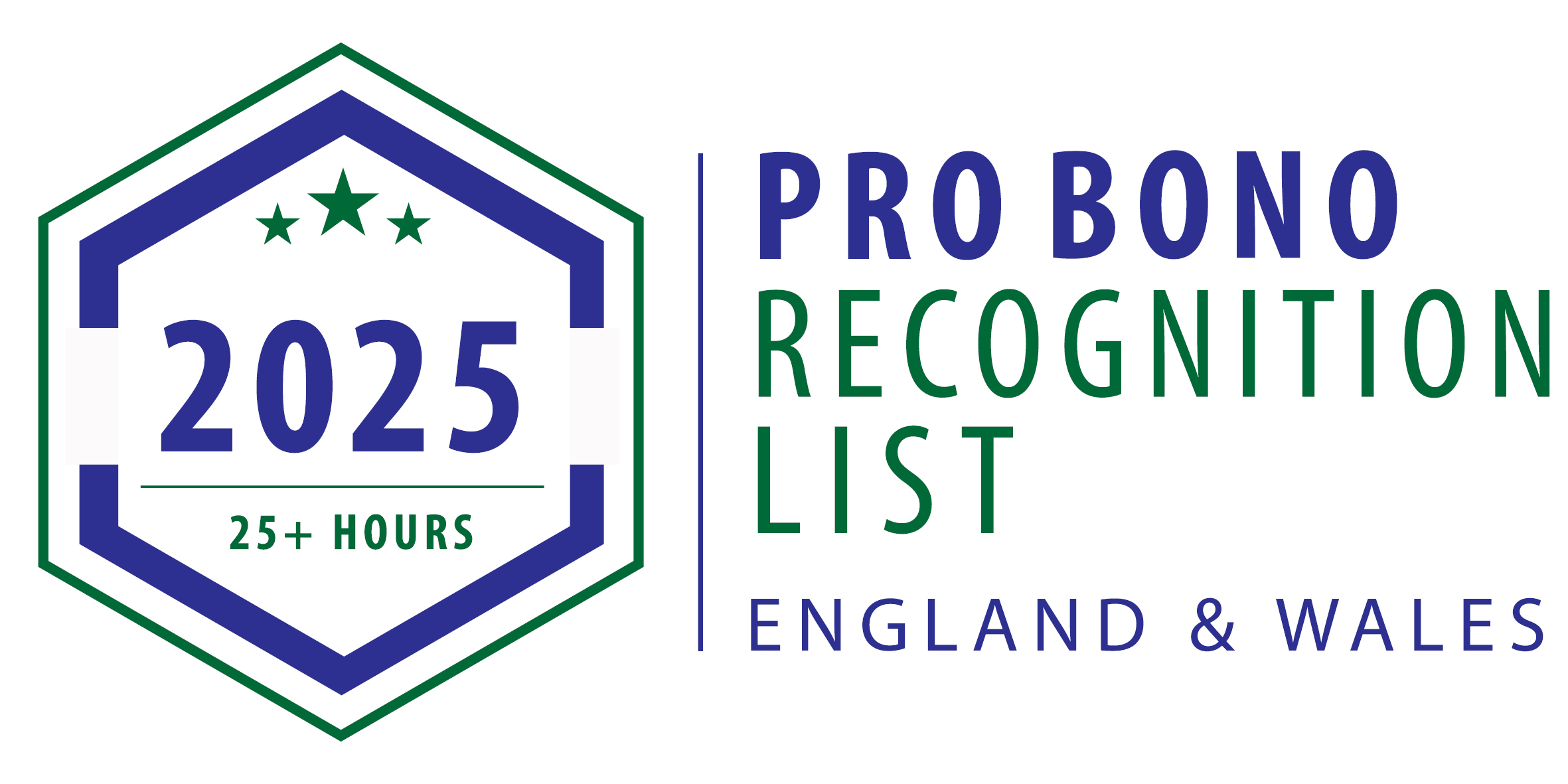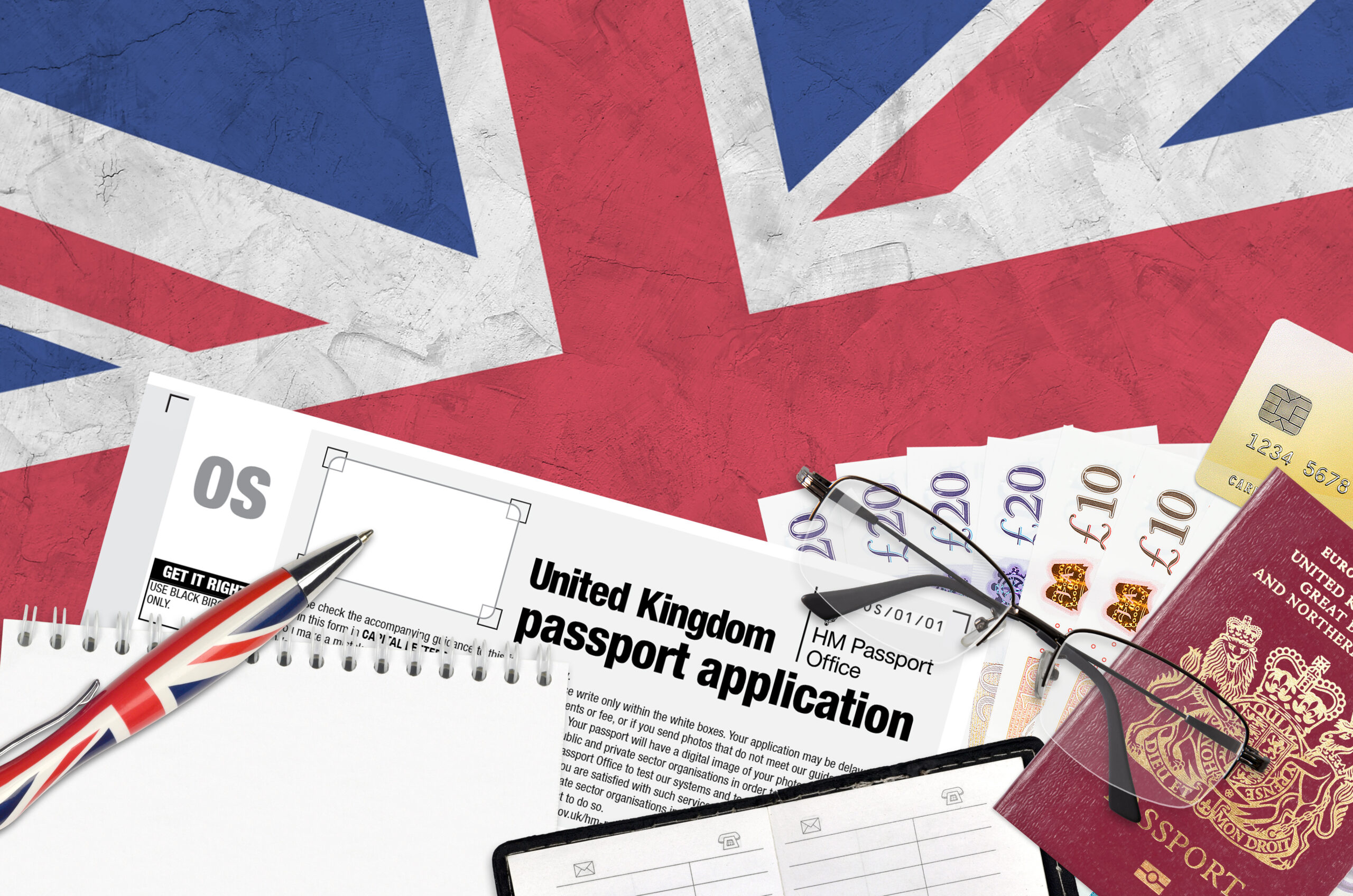A statutory declaration is a formal written statement that affirms to the truth of specific facts. It is similar to an affidavit; however a statutory declaration does not require a religious oath or a secular affirmation.
When might I need a statutory declaration?
Statutory declarations are typically used in situations where alternative evidence is unavailable to satisfy a legal requirement. Various circumstances may necessitate a statutory declaration. Common examples of when a statutory declaration is useful are:
– Changing your name
– Declaring your identity
– Confirming a document as a copy
– Providing evidence of marriage or civil partnership
– Proving your residency
How do I obtain a statutory declaration?
Follow these steps to obtain a statutory declaration:
- Draft your declaration, either independently or you can instruct IHRC Legal.
- Have your declaration witnessed. It must be signed in the presence of an authorised individual, such as a solicitor, notary public, or justice of the peace.
- Pay the associated fee, typically required for the witnessing of a statutory declaration.
What are the consequences of making a false statement in a statutory declaration?
Making a false statement in a statutory declaration is a serious criminal offence, carrying the potential for imprisonment for up to two years and/or a fine.
Next Steps
Our solicitors charge £75 for assisting with the preparation of your statutory declaration.
To sign statutory declarations, we charge £5 per document and £2 for each exhibit referred to in the statutory declaration. Contact IHRC Legal for more information.
This information was correct at the date of publishing.




